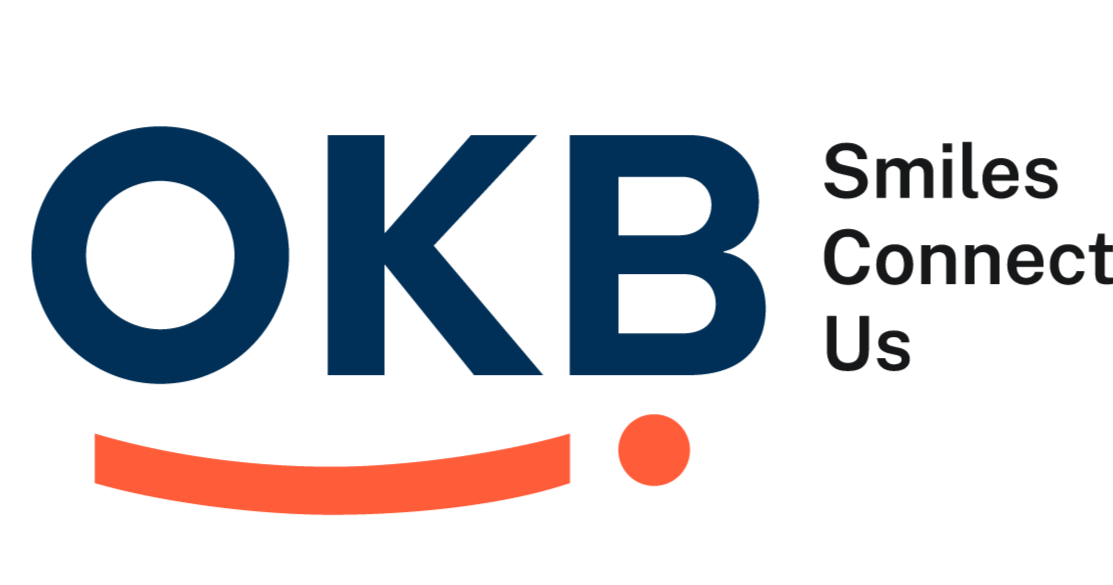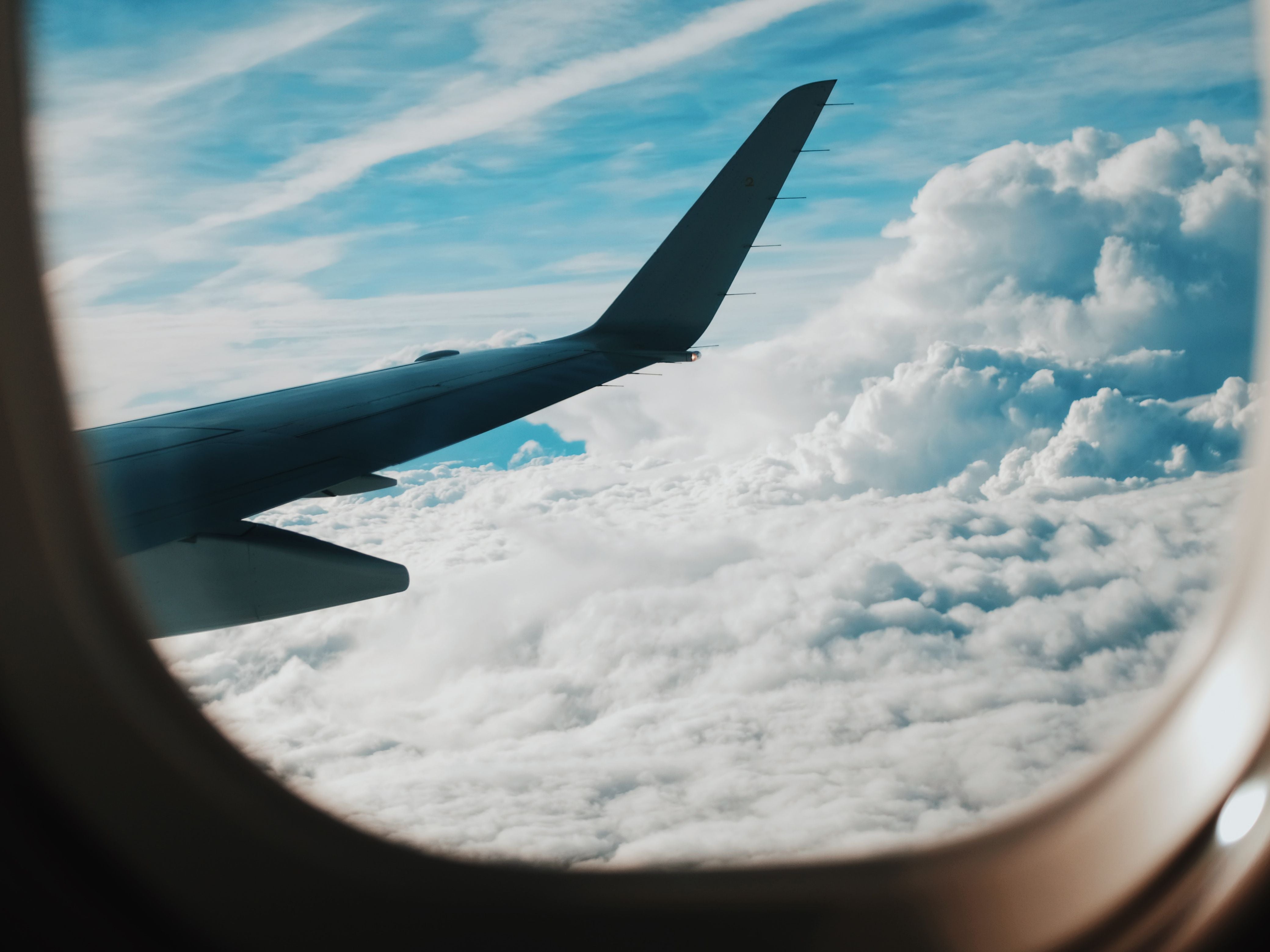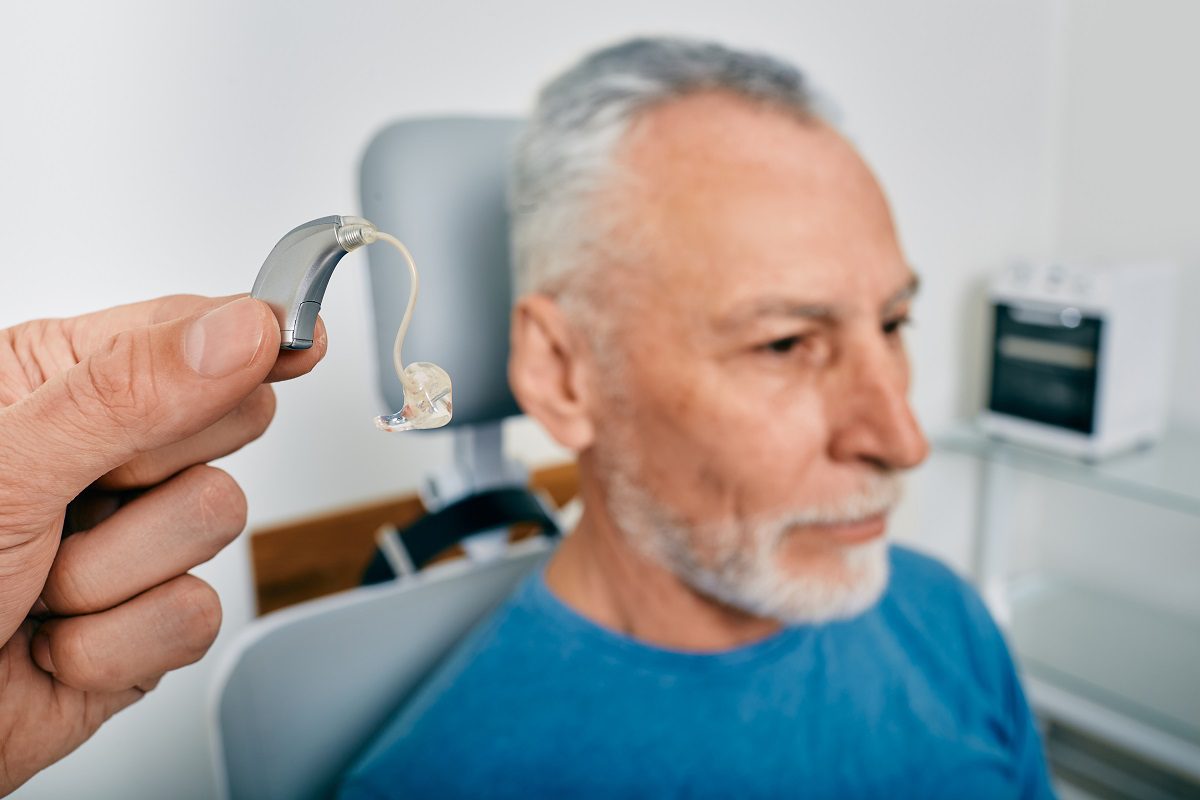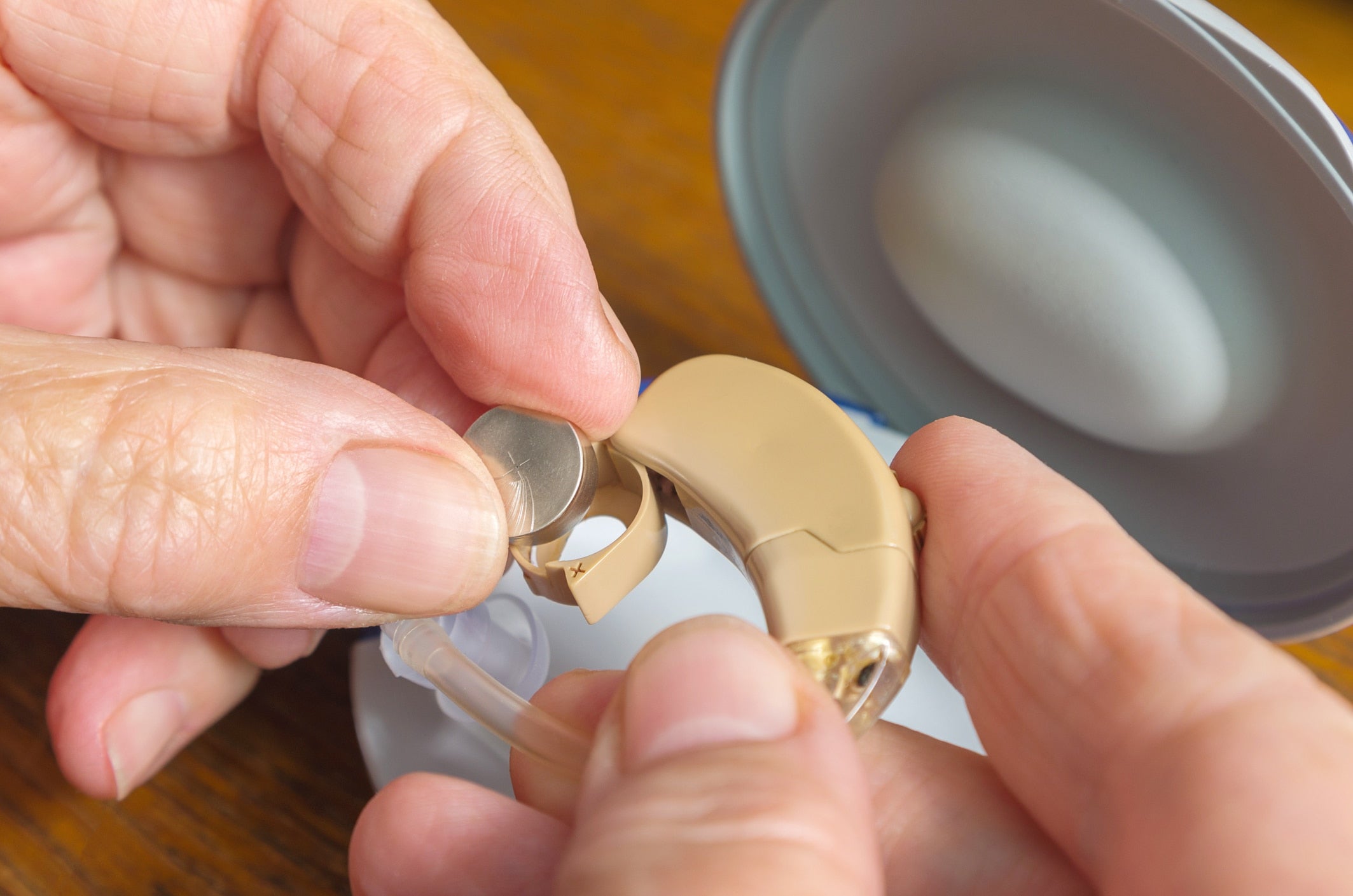Flying can be stressful for anyone, but if you wear hearing aids, you may have extra questions: Do I need to take them out at security? Will airplane noise damage them? How do I hear boarding announcements?
To make your next trip smoother, we’ve compiled this comprehensive Q&A guide to traveling with hearing aids—covering everything from packing tips to in-flight comfort.
Q1: Do I need to remove my hearing aids at airport security?
Short answer: No.
The TSA and international security agencies allow you to keep hearing aids on during screening. Unlike pacemakers or large electronics, hearing aids are small, low-power devices that don’t interfere with scanners.
- Metal detectors: Hearing aids may contain metal parts, but they rarely trigger alarms. Even if they do, you can simply inform the officer that you’re wearing medical devices.
- Body scanners: Safe for hearing aids. Radiation levels are minimal and won’t damage them.
- X-ray bins: If you place accessories (like chargers or batteries) in trays, they’ll be scanned safely—radiation does not harm them.
Pro tip: Carry a medical device card (downloadable from the Hearing Loss Association of America or your hearing aid manufacturer). This helps speed up conversations with security staff.
Q2: Should I keep my hearing aids in during takeoff and landing?
Yes—always keep them in unless they’re uncomfortable.
- Airplane announcements are important for safety. Removing aids means you risk missing instructions.
- Unlike Bluetooth headphones, hearing aids are exempt from airline electronics restrictions. You don’t need to turn them off during takeoff/landing.
- If you’re worried about pressure changes, know that hearing aids don’t increase discomfort. Ear fullness from cabin pressure is caused by your Eustachian tubes, not the devices.
Q3: What about Bluetooth features—do I need to switch them off?
Most airlines require passengers to switch devices to airplane mode. The good news:
- Modern hearing aids with Bluetooth Low Energy are usually allowed to stay on. Airlines consider them medical assistive devices, like pacemakers.
- If you’re unsure, turn off Bluetooth streaming temporarily in your hearing aid app. They’ll still work as amplifiers without streaming.
- Once the flight reaches cruising altitude and Wi-Fi/Bluetooth is permitted, you can reconnect and stream audio.
Q4: How do I pack hearing aids and accessories for a flight?
Here’s a checklist:
- Hearing aids – wear them during travel.
- Spare batteries – TSA allows dry-cell batteries in carry-on. For rechargeable aids, pack the charger and cable.
- Dehumidifier case – planes are dry, which can affect electronics. A portable drying kit helps overnight.
- Cleaning tools – wax filters, brushes, and wipes.
- Protective case – in case you nap or remove them.
- Backup aids (if available) – great for longer trips.
Important: Always carry them in your personal bag, not checked luggage. Lost luggage = lost hearing.
Q5: Can airplane cabin noise damage hearing aids?
Not at all—but it may affect your listening comfort.
- Cabin noise averages 80–85 decibels, like city traffic. Hearing aids won’t be damaged, but background noise can make listening harder.
- Use noise management features in your hearing aid app. Many devices have programs for “airplane” or “noise reduction.”
- Some travelers like over-ear noise-canceling headphones worn over hearing aids. They don’t interfere and give double protection.
Q6: How can I hear flight announcements clearly?
This is one of the biggest challenges for hearing aid users. Airplane PA systems are often muffled.
Solutions:
- Stay alert near the gate: Agents usually repeat announcements if you explain you have hearing loss.
- Ask for assistance: Airlines can note your file to provide individual boarding announcements.
- Use telecoil (T-coil) if available: Some newer airport terminals broadcast announcements through hearing loop systems.
- Turn on directional microphones: Aim them forward to focus on voices.
- Ask flight attendants directly: Don’t hesitate—they’re trained to help.
Q7: How do pressure changes affect hearing aids?
- For you: Cabin pressure mainly affects your ears, not the devices. Chewing gum, swallowing, or yawning helps open the Eustachian tubes.
- For the device: Pressure does not damage electronics. However, humidity from condensation may, so keep aids in a drying kit overnight.
Q8: What if my hearing aids stop working mid-flight?
Stay calm—most issues are simple fixes:
- Dead battery? Replace with a spare.
- Moisture? Wipe them dry and store in case until landing.
- Feedback/whistling? Adjust the fit or lower volume.
- Always carry manual tools and spare domes if your aids use them.
Q9: Can I watch in-flight movies with hearing aids?
Yes, but it depends on the airline:
- Many planes still use wired headphone jacks. Use a streaming accessory (like Phonak TV Connector or ReSound Multi Mic) plugged into the seat audio jack.
- Some airlines now offer Bluetooth audio pairing—perfect for direct-streaming aids.
- Alternatively, download movies/podcasts on your phone and stream directly via your hearing aids.
Q10: What’s the best seat choice for travelers with hearing aids?
- Front rows: Quieter, easier to hear attendants.
- Window seat: Less exposure to aisle noise, though engine hum may be louder near the wings.
- Bulkhead: More space to organize gear, but announcements may echo.
If announcements are critical, choose front half of the plane, away from engines.
Q11: Do I need to tell the airline in advance?
Not required, but recommended if you:
- Need pre-boarding assistance.
- Want individual boarding announcements.
- Require hearing loop or captioning support at international airports.
Most airlines have a “special assistance” option when booking or checking in online.
Q12: How can I protect hearing aids from loss during travel?
- Use a labeled case with your name/email.
- Add tracking stickers (like Tile or AirTag) to cases.
- Wear a clip or tether if you’re worried about them falling during naps.
- Insurance: Many hearing aid warranties cover loss. Check before your trip.
Q13: How do I handle long international flights with hearing aids?
- Rechargeable aids: Plan charging schedule. Use in-seat USB ports or power banks.
- Disposable batteries: Carry more than you think you’ll need—airports abroad may not sell your size.
- Sleep strategy: Some travelers nap with aids out, but store them safely in your seat pocket case (never loose).
- Drying overnight: Hotel rooms abroad may be humid; always use your dehumidifier case.
Q14: What about connecting flights and layovers?
- No need to remove aids at transfer security.
- Keep essentials with you: chargers, batteries, and cases in your carry-on.
- Airport lounges: Some now feature hearing loops for easier announcements—worth checking.
Q15: Do airlines offer hearing aid-friendly accessibility services?
Yes—more than ever.
- Subtitles on seatback screens are now common.
- Airlines like Delta, United, and Lufthansa have accessibility policies for passengers with hearing loss.
- Crew training often includes strategies for communicating with hearing-impaired travelers.
Final Tips: Flying Stress-Free with Hearing Aids
- Always carry spares—batteries, domes, wax guards.
- Stay proactive—tell staff you have hearing loss.
- Use your phone—download captions, movies, and airline apps for gate updates.
- Dry overnight—planes and hotels vary in humidity.
- Don’t stress—millions of travelers with hearing aids fly every year without issues.






Share:
How Do I Keep My Hearing Aids from Falling Out During Sports?
Do Hearing Aids Work with Face Masks and Glasses?